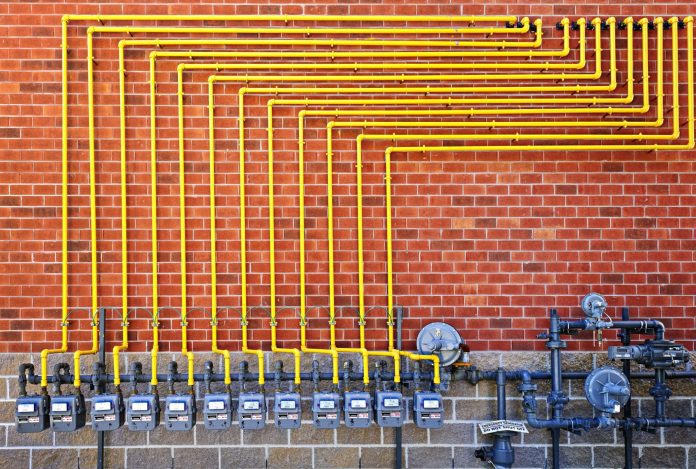Arm is going after energy providers and device makers after striking a deal with Singapore-based EDMI, manufacturer of IoT modules for utilities, to provide the management platform for smart meter devices, connectivity, and data.
EDMI, owned by Osaki Electric Company in Japan, has major smart metering deals with water, gas, and electric utilities in Asia and Europe. EDMI has “millions of endpoints” globally, said Arm. Its deal with Arm will see it integrate the UK-based firm’s Pelion IoT software platform and Mbed device operating system into its offer to utility providers.
But Arm is looking for new partners, in new markets, besides. Hima Mukkamala, senior vice president and general manager for IoT cloud services at Arm, commented: “This is not exclusive partnership… Customers in every market want these capabilities.”
In particular, Arm is focused on the fields of transport, logistics, smart cities, connected venues, and digital marketing for its Pelion and Mbed services, which have come together with the recent acquisitions of Stream Technologies and Treasure Data.
It partnered with retail software firm Reflexis in January to launch a parallel IoT management solution, which makes use of certain of its Pelion services. The retail version is designed to help consolidate and manage in-store IoT data, with a view to enhancing the shopper ‘experience’ across digital and physical stores.
Arm’s partners have shipped more than 130 billion chips that are based on Arm technology, noted Mukkamala. It has deals with 600 operators in 200 countries – “to help with connectivity management.” As much as 55TB of network data flows across its Pelion platform each month, and 30PB of customer data.
Its IoT management proposition, based on the Pelion and Mbed platforms, is being utilised 800 customers, and is supported by an ecosystem of 140 developer partners. “It is going really well; we are pulling in customers pretty fast,” remarked Mukkamala.
But the new deal with EDMI, with which it shares at least one major utility customer in Europe, is key, he said; the integration of EDMI’s infrastructure and Arm’s platforms takes time, and it is focused in the short term on helping the utilities market make better use of its data.
The deal will enable utilities to secure, simplify and accelerate the deployment of connected smart meters and advanced metering infrastructure (AMI) solutions, said Mukkamala.
The Pelion platform provides utilities with a single management window for control of connectivity, devices, and data. The security of each element is at the heart of Arm’s proposition. The Mbed OS provides the interface in devices, including meters and gateways in homes and buildings, and a vehicle for running machine learning at the edge to afford faster insights and decisions.
Utilities taking EDMI meters will be able to use its platform to identify and address outages, detect power thefts, track usage patterns, and plan asset upgrades and maintenance schedules, said Arm. The point is to make the deployment and management of IoT devices “easy and frictionless” for the wider energy market, said Mukkamala.
“There are lots of opportunities for utilities to provide a better customer service as the data from meters is collected at a higher frequency and analytics runs faster. These are all opportunities for providers to drive a better service,” he said.
The utilities sector is seeking to automate readings, eliminate estimated billing, and provide remote diagnostics on equipment and services. It is seeking to make these benefits available to consumers, alongside, to improve customer satisfaction.
Providers are also struggling to grasp digital transformation and scale their IoT deployments. These come down in large part to the sheer complexity of offerings, including diversity of device types, connectivity protocols, and security concerns.
Solution providers are required to support upgraded security protocols in the next generation of smart meters and AMI, as well as to enable secure over-the-air firmware upgrades of their meters and infrastructure. Utilities want end-to-end solutions to get connected meters into the field, rather than having to implement and maintain several disjointed solutions, said Mukkamala.

